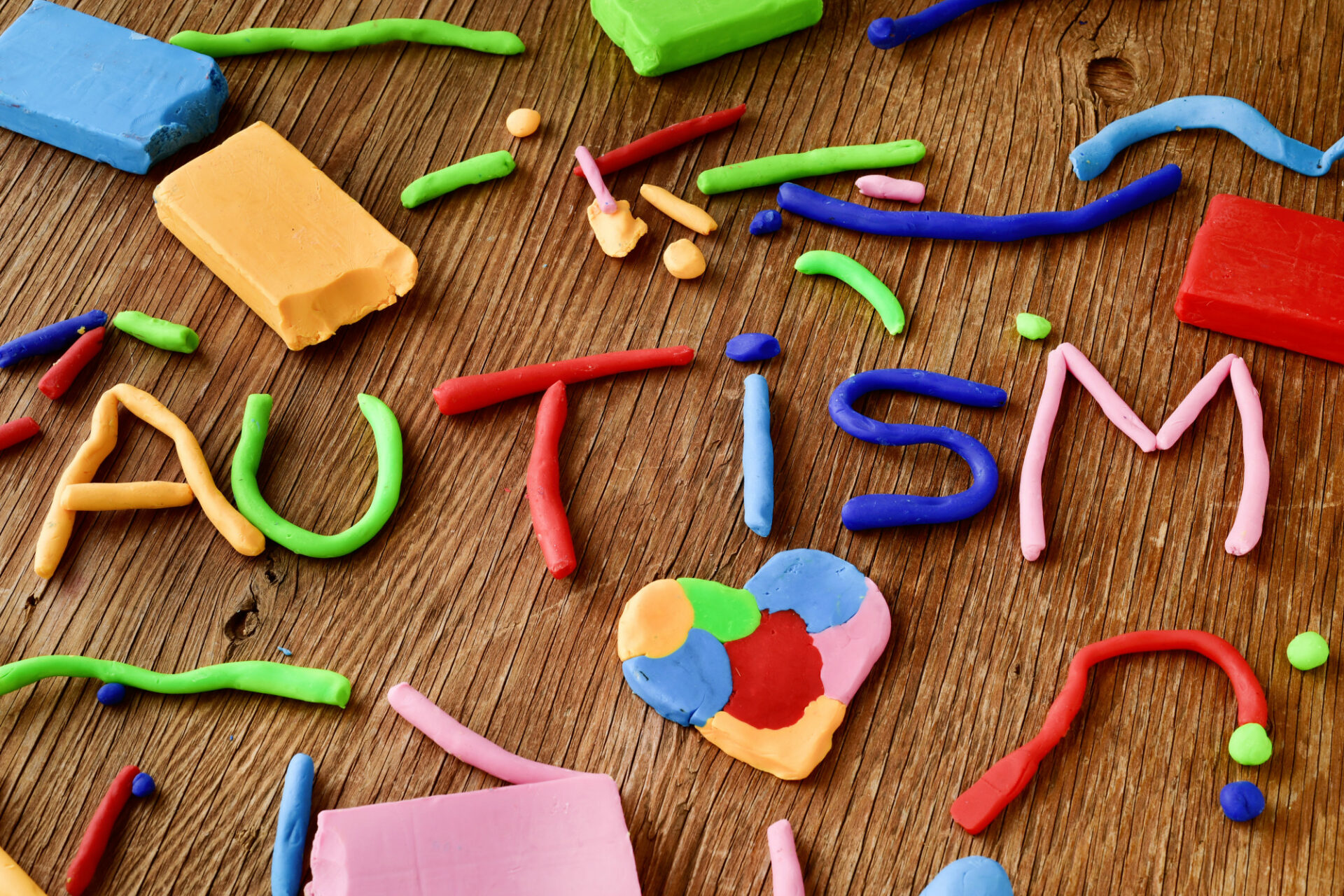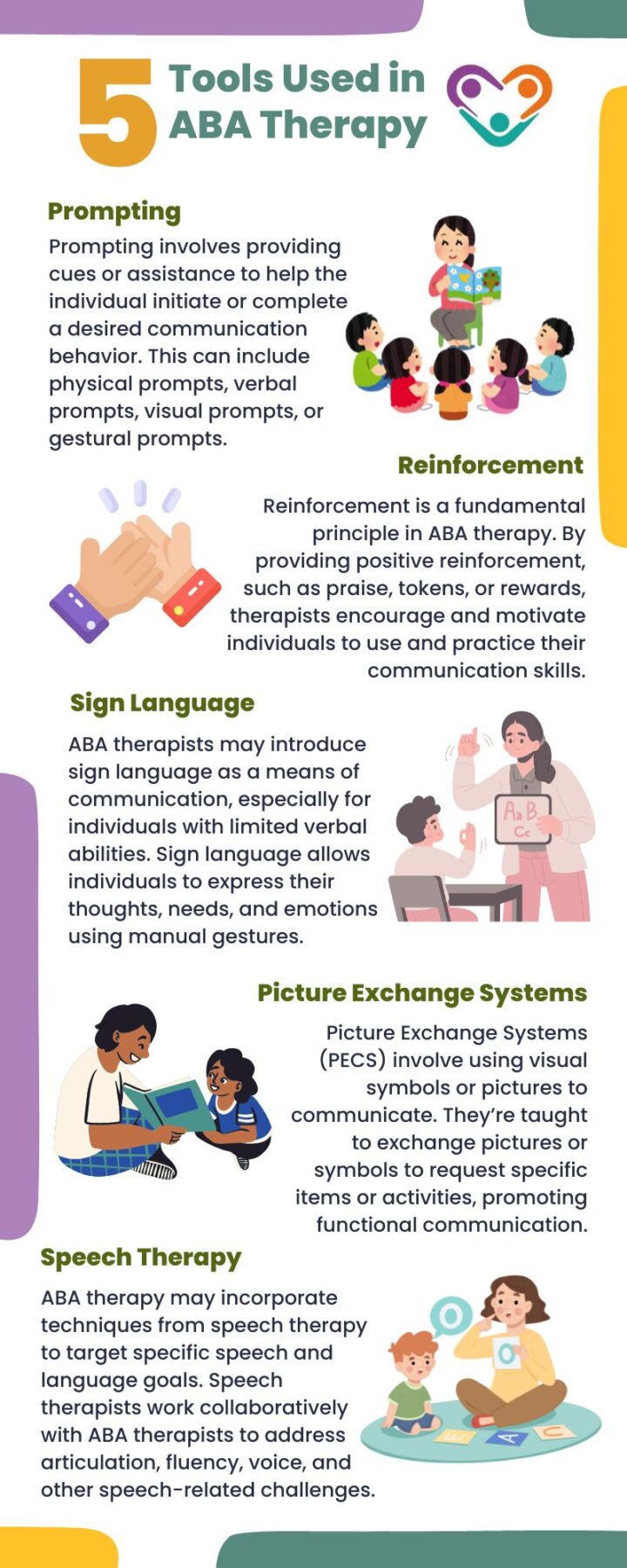The Role of Behavioral Therapy in Overcoming Stress And Anxiety and Depression
Behavioral Treatment has actually become a considerable approach for individuals facing stress and anxiety and depression. It concentrates on recognizing and changing detrimental thought patterns and behaviors. Techniques such as exposure therapy and behavioral activation facilitate progressive fight of concerns and engagement in purposeful tasks. As this treatment gains recognition, recognizing its concepts and effectiveness ends up being important. What certain strategies contribute to its success, and exactly how can one locate the appropriate support?
Comprehending Anxiousness and Clinical Depression
Anxiety and clinical depression are widespread psychological health and wellness conditions that impact numerous individuals worldwide. These conditions typically exist together, creating a complicated web of signs and symptoms that can significantly impact daily functioning. Anxiety commonly shows up as extreme worry, restlessness, and physical signs such as raised heart rate. Individuals may experience persistent worries or fears that prevent their capability to participate in day-to-day tasks. On the other hand, anxiety is defined by persistent feelings of unhappiness, sadness, and an absence of passion in formerly delighted in activities. It can result in considerable adjustments in hunger, rest patterns, and power degrees. Both problems have a diverse nature, influenced by hereditary, environmental, and emotional elements. Understanding the interaction between anxiety and depression is vital for reliable treatment, as identifying the special aspects of each problem can bring about tailored interventions that resolve the certain needs of damaged individuals.
What Is Behavior Therapy?
Behavioral Treatment is a structured strategy that concentrates on modifying unfavorable thought patterns and actions connected with mental health concerns such as anxiety and depression. This healing method intends to identify and change unhelpful behaviors that add to psychological distress. It operates the principle that habits can be learned and unlearned, permitting individuals to create much healthier coping mechanisms.
In this context, specialists function collaboratively with clients to examine and set certain objectives progress. Through different techniques, clients learn to identify triggers and establish strategies to manage their feedbacks. ABA Therapy. Behavior Treatment stresses the value of sensible skills, urging people to take part in activities that promote positive change. By providing a helpful setting, this approach cultivates durability and empowers individuals to take an energetic function in their mental wellness journey. On the whole, Behavior Therapy acts as an important tool in addressing the complexities of stress and anxiety and clinical depression
Trick Methods in Behavior Therapy
Various techniques are employed in Behavior Treatment to effectively deal with anxiety and anxiety. One commonly utilized technique is direct exposure treatment, which progressively reveals individuals to their fears in a controlled environment, helping them diminish their stress and anxiety responses. Another crucial method is organized desensitization, where people learn relaxation strategies to combat anxiousness while being revealed to anxiety-provoking stimulations. Behavior activation focuses on raising interaction in purposeful activities, countering the withdrawal often linked with depression.
Furthermore, support strategies, such as positive reinforcement, motivate desirable habits by gratifying people for progress. Self-monitoring strategies equip individuals to track their thoughts, behaviors, and sensations, promoting awareness and self-regulation. Social skills training aids individuals boost their social connections, dealing with aspects that might contribute to their anxiousness or clinical depression. With each other, these methods create a comprehensive approach that fosters resilience and coping skills in people encountering these psychological health and wellness obstacles.
Cognitive Behavior Treatment (CBT) Discussed
Cognitive Behavior Therapy (CBT) is a structured, time-limited approach that incorporates behavior and cognitive techniques to resolve different psychological wellness concerns, including stress and anxiety and anxiety. This healing approach concentrates on identifying and challenging distorted thought patterns that add to adverse feelings and actions. By assisting individuals recognize the web link in between ideas, sensations, and actions, CBT encourages them to reframe their reasoning and embrace healthier actions.
CBT commonly includes goal-setting, abilities training, and the application of methods to take care of stressful ideas and sensations. Procedure might include workouts that encourage people to exercise brand-new skills in real-life circumstances, promoting strength and coping approaches. Homework jobs are typically essential to the procedure, enhancing the principles discovered during treatment. Generally, CBT supplies a functional structure for people to recognize their mental wellness difficulties and establish effective services, cultivating lasting emotional health.
The Advantages of Behavioral Treatment
Lots of people experiencing stress and anxiety and depression locate substantial relief via Behavior Therapy. This restorative approach focuses on recognizing and customizing adverse idea patterns and actions that contribute to psychological distress. One substantial advantage of Behavioral Treatment is its organized nature, which supplies clear objectives and quantifiable outcomes, making progression easier to track. On top of that, it equips people with useful tools and dealing methods that can be applied in daily scenarios, fostering a sense of empowerment.
Behavior Therapy is typically time-limited, allowing people to achieve cause a reasonably brief duration. In addition, it Discover More emphasizes the relevance of the healing relationship, producing an encouraging setting that motivates openness and trust. Numerous individuals likewise value that this kind of therapy can be tailored to their particular requirements, boosting its efficiency. Ultimately, Behavioral Therapy provides a detailed method to dealing with anxiousness and clinical depression, causing improved psychological wellness and lifestyle.
Exactly how to Find a Qualified Therapist
Just how can individuals ensure they discover a qualified specialist for Behavior Treatment? It is vital to look for experts with ideal credentials, such as a licensed psycho therapist or a qualified medical social employee. Checking their instructional background and guaranteeing they have certifications in Behavioral Therapy methods is crucial. In addition, people must consider recommendations from trusted sources, such as medical care physicians or buddies that have gone through therapy.
Next off, researching possible specialists online can supply useful insights right into their specializeds and techniques. Websites that provide rankings and reviews can help evaluate the experiences of previous customers. It is additionally helpful to set up initial examinations, which permit people to discuss their worries and review the specialist's approach and compatibility.
Finally, making certain the therapist's experience aligns with particular problems, such as stress and anxiety or anxiety, will even more boost the probability of finding the ideal healing suit.
Success Stories: Transformative Impacts of Behavioral Therapy
Although each person's trip with treatment is one-of-a-kind, many success stories highlight the transformative impacts of Behavioral Therapy on anxiousness and depression. One individual, previously paralyzed by social anxiousness, found out to challenge concerns through direct exposure techniques. Gradually, they established coping approaches, significantly enhancing their social interactions and total top quality of life.
An additional situation involved a young woman facing anxiety. Via cognitive-behavioral therapy, she recognized negative idea patterns and replaced them with favorable affirmations. This shift enabled her to re-engage with hobbies and construct significant partnerships.
In addition, a middle-aged man found remedy for chronic stress and anxiety through mindfulness and leisure techniques instructed in therapy. His newfound abilities caused boosted performance at work and better individual partnerships.

Regularly Asked Inquiries
Just How Lengthy Does Behavioral Treatment Normally Last?
Behavioral Treatment normally lasts anywhere from several weeks to several months. ABA Therapy. The period commonly depends upon individual demands, particular problems being dealt with, and the goals established between the specialist and the customer throughout the process
Can Behavior Modification Be Done Online?
Behavioral Therapy can undoubtedly be carried out on the internet, making use of video conferencing devices. This approach enables individuals to accessibility treatment from the comfort of their homes, making it extra accessible and convenient for many looking for therapy.

What Are the Expenses Linked With Behavior Therapy?
Expenses connected with Behavioral Treatment can vary significantly based on location, company credentials, learn the facts here now and session regularity. Commonly, sessions vary from basics $50 to $250, with insurance policy protection affecting out-of-pocket expenditures for people seeking therapy.
Is Drug Called For Alongside Behavioral Treatment?

Just how Do I Know if Treatment Is Functioning?
Establishing treatment performance entails monitoring modifications in emotions, behaviors, and coping approaches. Development may materialize as decreased signs, enhanced day-to-day performance, or boosted self-awareness (ABA Therapy). Normal responses from the specialist can likewise give valuable understandings into progression
Behavior therapy has actually emerged as a significant technique for individuals grappling with anxiousness and clinical depression. Cognitive Behavioral Therapy (CBT) is a structured, time-limited approach that incorporates cognitive and behavioral strategies to deal with numerous mental wellness issues, consisting of anxiousness and anxiety. Lots of individuals experiencing anxiety and clinical depression discover substantial alleviation via behavioral therapy. Exactly how can individuals ensure they find a qualified therapist for behavior therapy? Each person's journey via treatment is one-of-a-kind, many success stories highlight the transformative impacts of behavioral treatment on anxiousness and clinical depression.